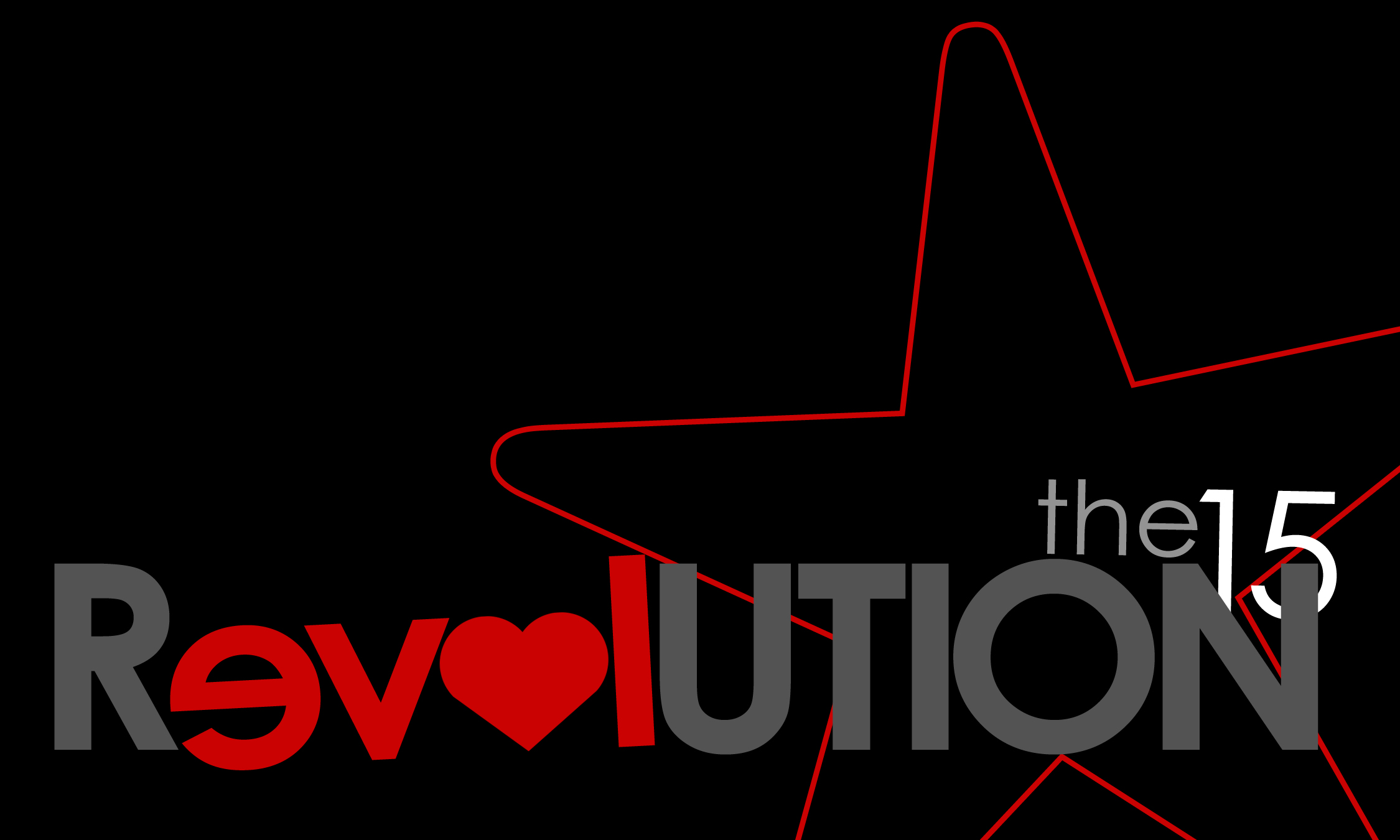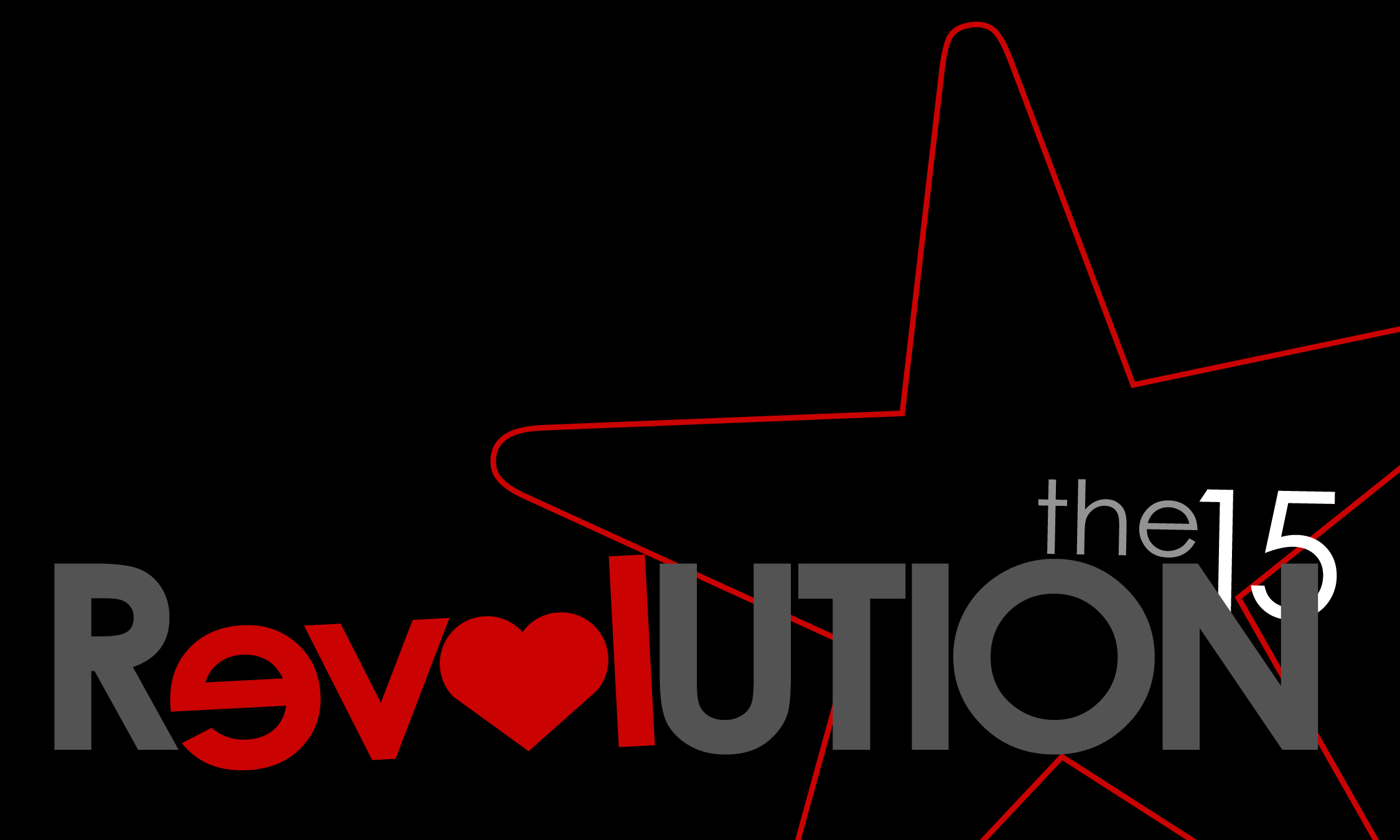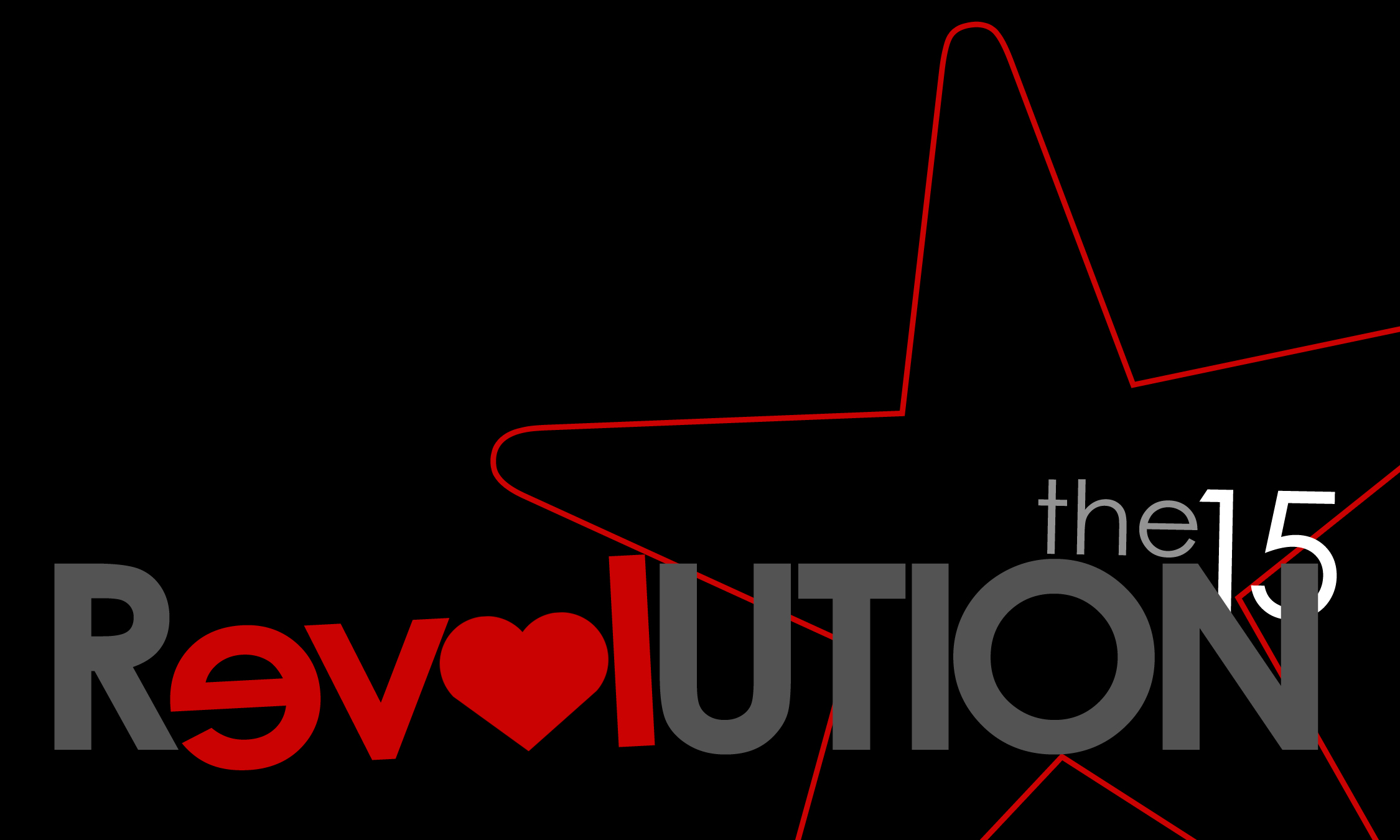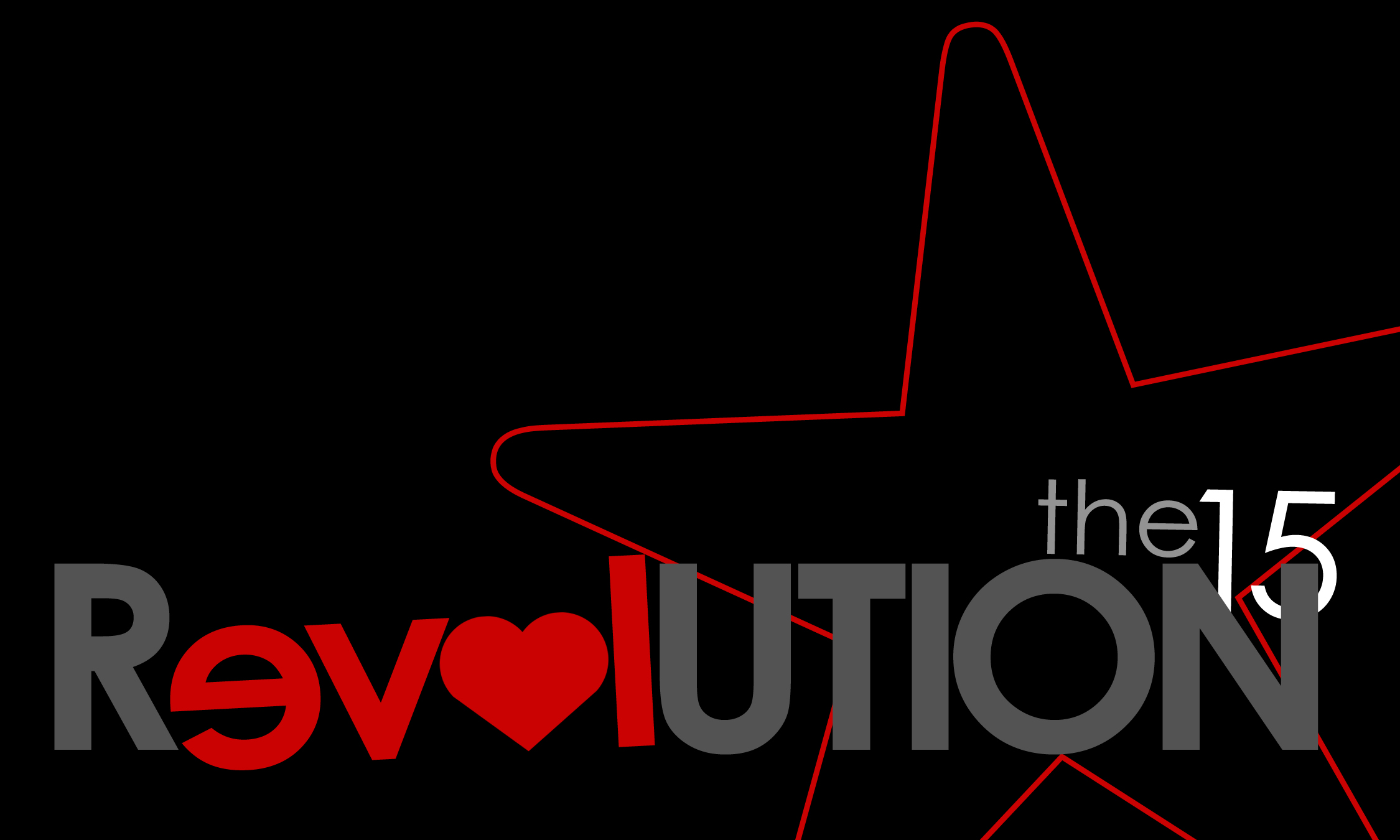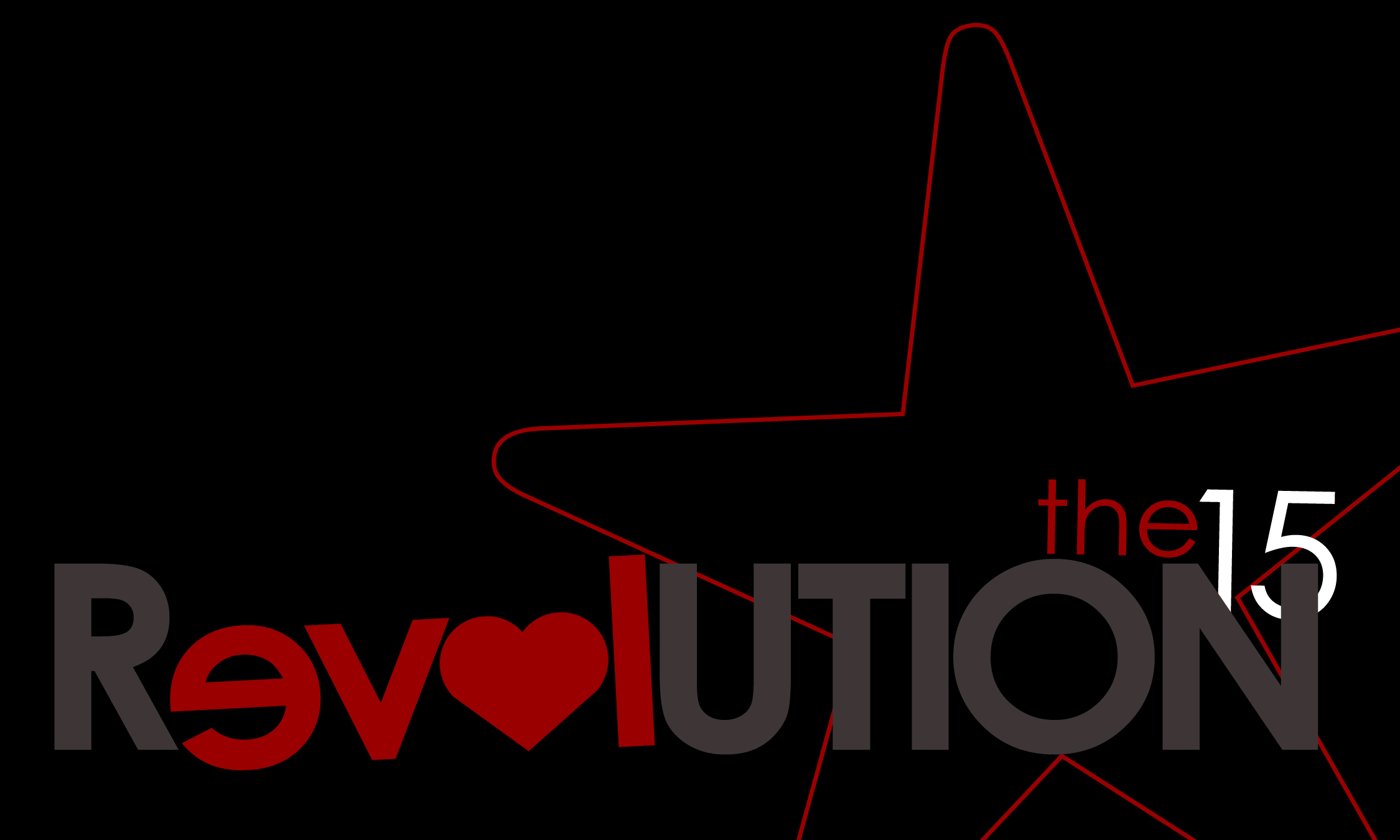Backwards
Sometimes, I think we approach things backwards.
Here’s what I mean…
We criticize loudly and publicly but admit our mistakes quietly (or silently—or not at all).
We want a say in how things go, but we want other people to cover the cost.
We’re obsessed with rules and regulations, but we’re not interested in grace.
We’re full of political opinions, but rarely have a kingdom perspective.
We’re aging on the inside, but fighting to stay young on the outside.
We want church to be comfortable and familiar for us, but we’re not concerned about those who are outside the church.
I’m sure there are plenty of other examples—here’s one I want to focus a little more attention on…
We’re incredibly sensitive—easily hurt, offended and wounded, but we’re insensitive—cold, indifferent and harsh with others (especially those outside our group).
That’s backwards.
And messed up.
Instead, we should be unoffendable—but incredibly sensitive toward others (especially those outside our group).
We need thick skin when things don’t go our way, we’re criticized, when we’re told no…
And we need soft hearts for others.
Essentials for the 15 Revolution: thick skin and soft hearts.
“Summing up: Be agreeable, be sympathetic, be loving, be compassionate, be humble. That goes for all of you, no exceptions. No retaliation. No sharp-tongued sarcasm. Instead, bless—that’s your job, to bless. You’ll be a blessing and also get a blessing.” (1 Peter 3.8, 9 MSG)
http://www.15rev.com/
Books available for purchase $7 at Fairwood Church
Sundays 8:30, 10 & 11:30am

